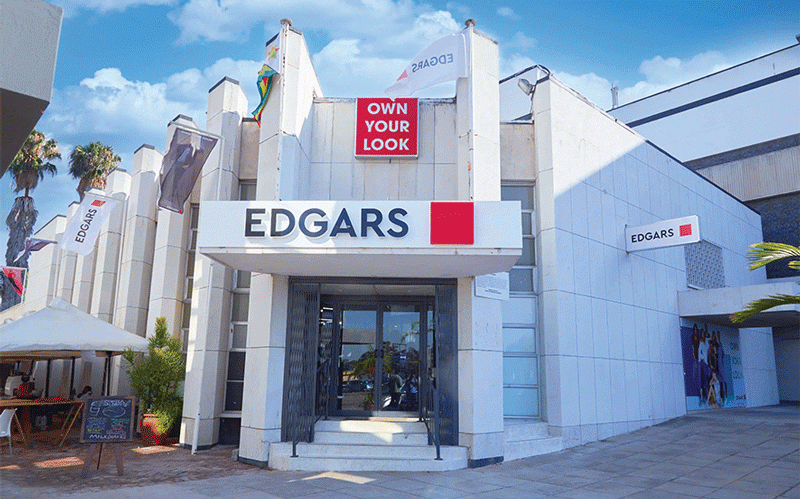
LISTED clothing manufacturer and retailer Edgars Stores Limited plans to expand its reach in the second half of the year by launching 10 new Express Stores, targeting the lower-income demographic currently dominated by the second-hand clothing market.
According to Edgars chief executive officer Sevious Mushosho, the company faces challenges, including the proliferation of cheap counterfeit fabrics, intense competition from second-hand clothing sellers and limited disposable income among civil servants, a key customer segment.
“The group is reintroducing Express Stores to focus on the lower-income segment of the market which is currently dominated by the second-hand clothing market. Express Stores will, however, sell new clothes at very low prices ranging from US$1 to US$10, in the process restoring the dignity of our customers in that segment,” Mushosho said in a trading update for the quarter to April 7, 2024.
“Management continues to review working capital and financing models to capitalise on opportunities that arise in the uncertain operating environment. Due to rising costs, cost containment remains a focus area.”
He said the retooling of Carousel Manufacturing, which is expected to increase the production volumes to 100 000 per month from 45 000, will lower production costs by making merchandise more competitive in the market.
The group anticipates a reasonable outturn to year-end, given that cyclically, its volumes are skewed in favour of the second half of the year.
The new strategies layer comes as the group is facing some difficulties as its trading units fell by 18% to 455 010 this year from 552 771 last year due to a number of issues such as a variety of fiscal measures announced in the 2024 national budget.
“The period under review was characterised by economic uncertainty because of steep depreciation in the local currency and lack of clarity in the manner and format of the anticipated currency reforms,” Mushosho said.
- Loans freeze unsettles Zim firms
- Loans freeze unsettles Zim firms
- Edgars Borrowdale relocates to bigger space
- Edgars Borrowdale relocates to bigger space
Keep Reading
“In addition, the drought headwind became evident in the first quarter due to the dry spell conditions experienced because of the El Niño weather phenomena.”
Despite the group’s traded units declining by 18%, the sales only dropped by 12% and the margin went up by 1%.






